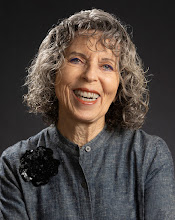Traveling at this time of year can add to the
stress of the holiday season. Full flights, full airports, delays and
weather can take the fun out of the adventure. But the stress we feel during a turbulent
flight can be even worse. How to cope? AFAR magazine recently posted an article How to Find Your Chill on a Turbulent Flight
One of their suggestions? A bit of chocolate placed on your
tongue. Calming they say. My remedy – besides grabbing the armrest and
maybe the person next to me? A few salty
chips or crisps as some friends call them.
Whatever your approach to coping with a
bouncing flight may be useful even when the flight is calm but the travel hasn’t
been. Chocolate, chips, podcasts, music and
meditation all may provide a moment of respite, making your trip a happier experience. Let us know what works for you.









